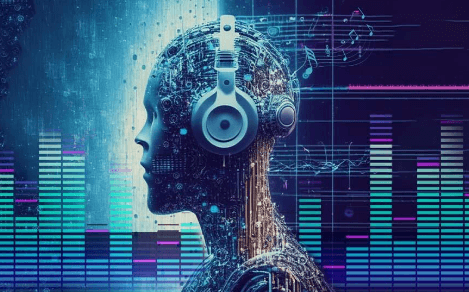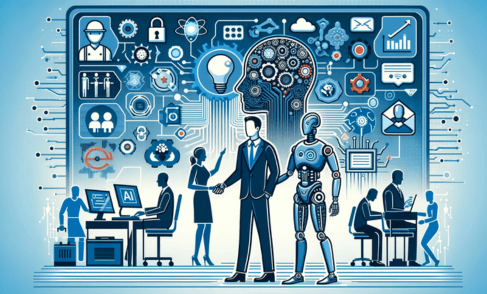How AI Is Impacting the Music Industry

Artificial intelligence is increasingly reshaping the music industry, impacting creative processes, consumer engagement, and distribution channels. Advanced algorithms enable rapid composition and foster innovative collaborations, while personalized playlists enhance listener experiences. These technological shifts also challenge traditional notions of authorship and intellectual property. As AI’s influence grows, industry stakeholders face complex decisions about preserving artistic integrity amid rapid innovation, prompting further analysis of its long-term implications.
AI-Generated Compositions and Creative Collaboration
How has the advent of AI-driven composition tools transformed the landscape of musical creation? Algorithmic composition enables rapid generation of complex structures, fostering innovation.
Collaborative tools facilitate seamless artist interaction, expanding creative horizons. This synergy enhances artistic freedom, allowing musicians to experiment beyond traditional boundaries, ultimately reshaping industry standards and empowering independent creators through dynamic, autonomous musical partnerships.
Personalized Music Experiences and Consumer Engagement
The integration of AI-driven technologies has profoundly reshaped consumer engagement within the music industry by enabling highly personalized listening experiences.
Advanced algorithms optimize music licensing models and bolster artist branding, empowering listeners to curate unique playlists.
This shift fosters increased consumer agency, promoting freedom of choice and deeper connection, while redefining industry standards for targeted engagement strategies.
Transformations in Music Production and Distribution
AI technologies have catalyzed significant shifts in music production and distribution, fundamentally altering traditional workflows and market dynamics.
By streamlining processes like music licensing and royalty management, AI enables more efficient rights tracking and monetization, empowering artists and labels with greater control and flexibility.
These innovations foster a more autonomous landscape, redefining industry standards and market access.
Ethical Considerations and Future Outlook
As artificial intelligence continues to permeate the music industry, critical ethical considerations emerge surrounding authorship, intellectual property rights, and the potential for deepfake or AI-generated content to distort artistic authenticity.
Copyright dilemmas challenge traditional artist attribution models, raising questions about fair recognition and ownership. Navigating these issues demands industry vigilance to preserve creative freedom and uphold equitable rights in evolving AI-driven landscapes.
See also: How AI Is Enhancing Customer Service Across Industries
Conclusion
As AI continues to reshape the music industry, its influence resembles a double-edged sword—fostering innovation while challenging traditional notions of artistry. For instance, the rise of AI-generated hits like “Daddy’s Car” exemplifies technological creativity, yet raises questions about authenticity. Navigating these shifts requires careful regulation to preserve artistic integrity, much like a skilled conductor balancing innovation with tradition. Ultimately, AI’s integration promises a transformative future, demanding industry adaptation to sustain both innovation and ethical standards.





